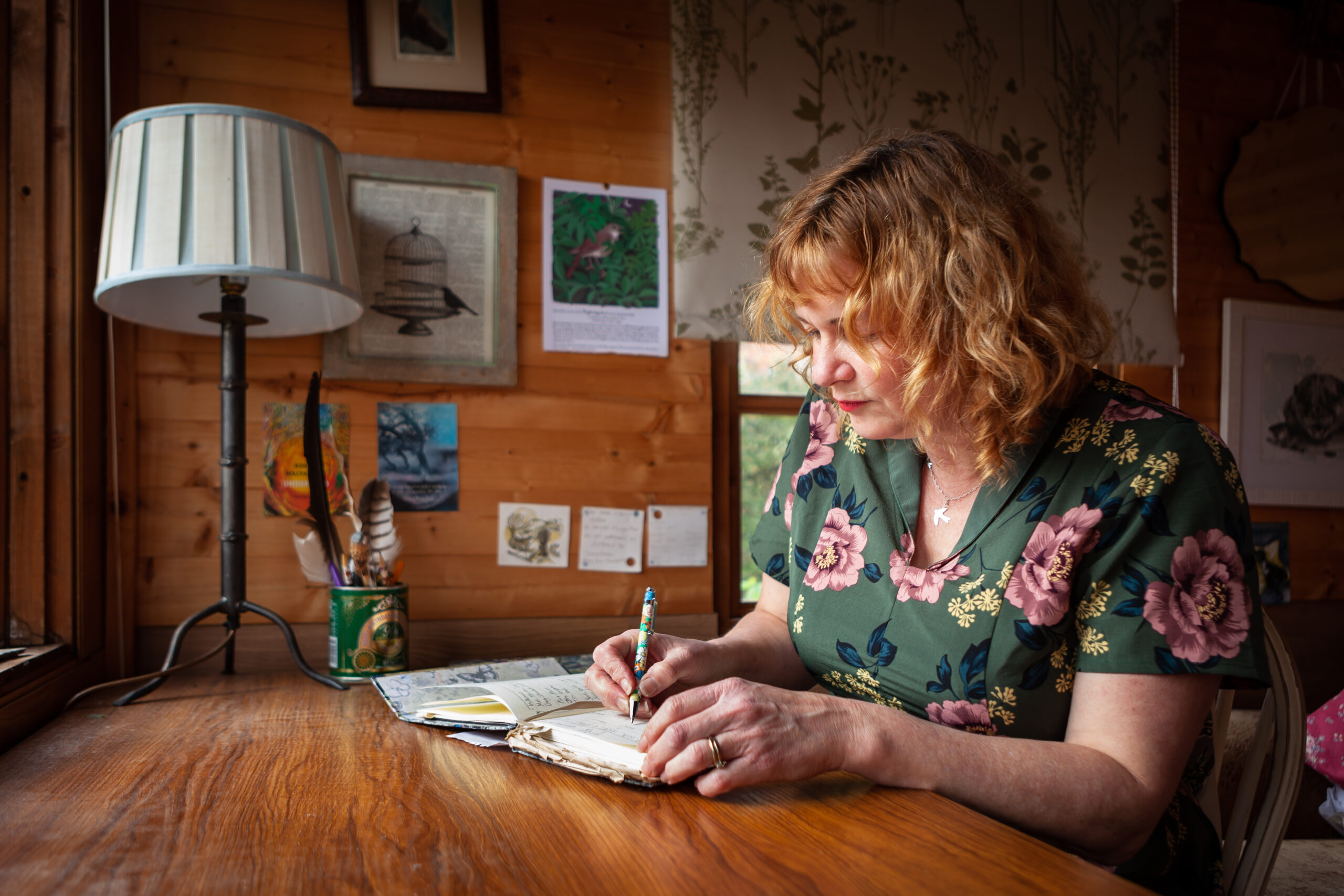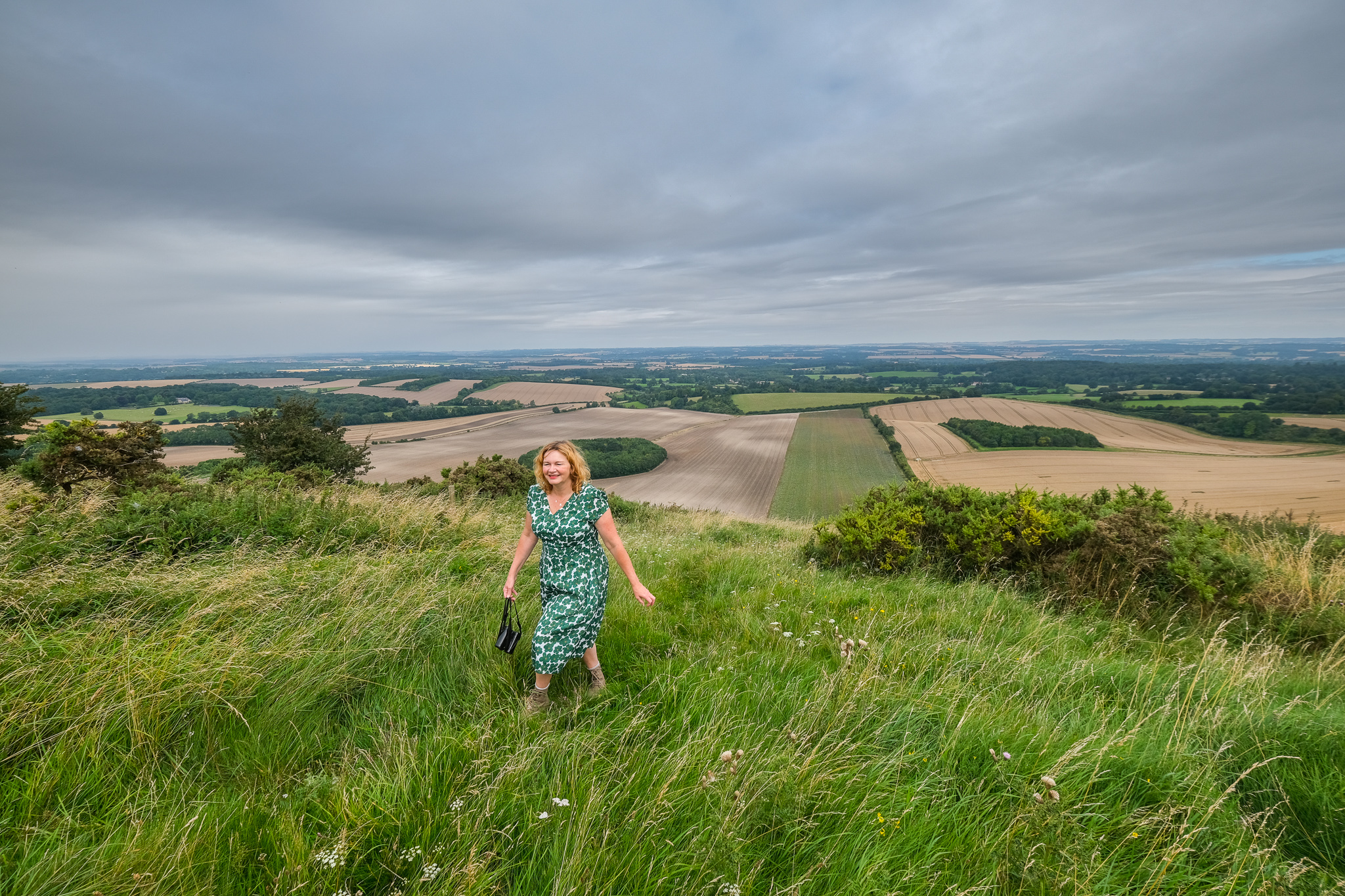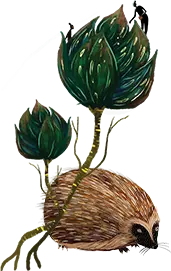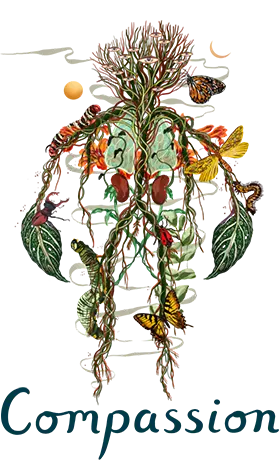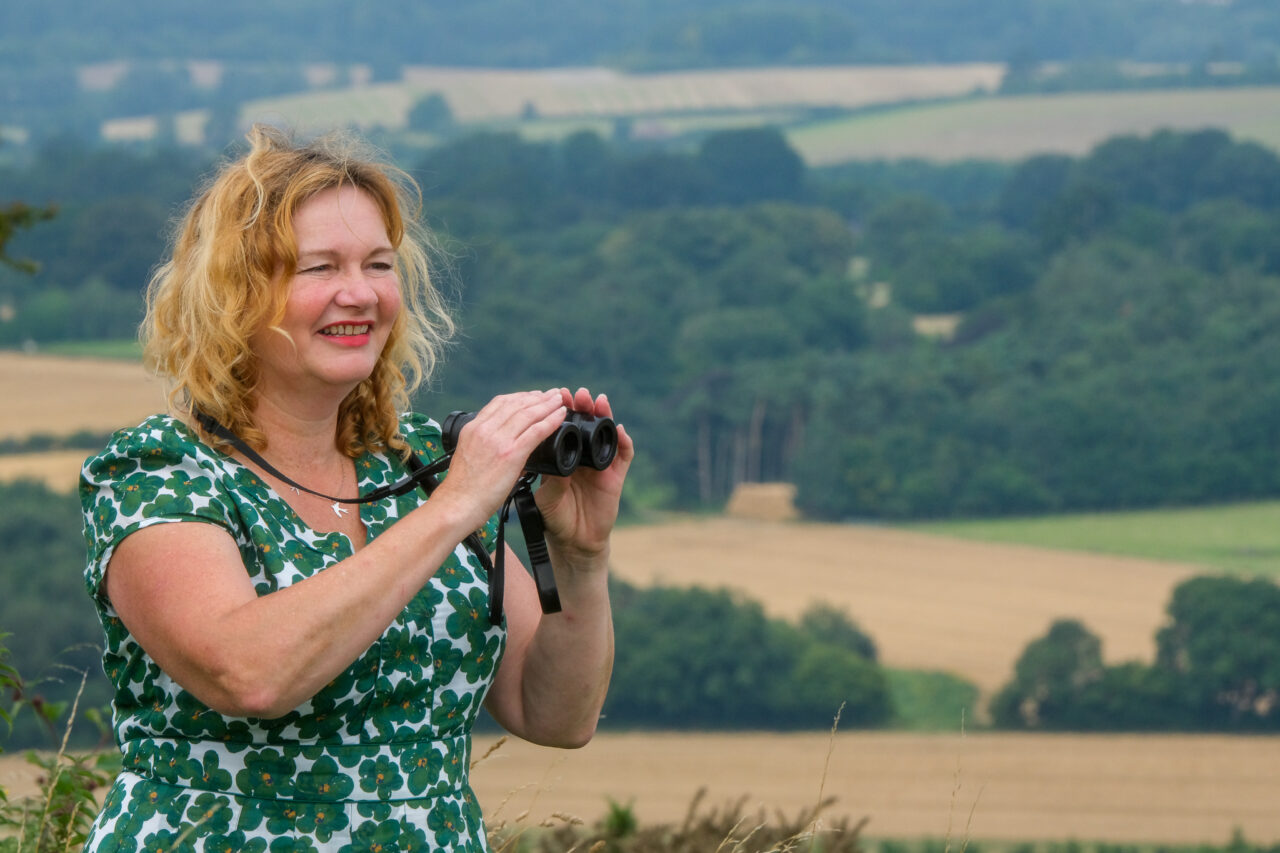
Writing Tips from Nicola Chester
Meet Nicola Chester
Nicola is a Nature writer, school librarian and “imperfect community activist”! From her “leaky rural cottage” in rural West Berkshire, she writes on belonging, protest, access and connection to Nature, with compelling prose that will have you reaching for both your binoculars and a protest placard.
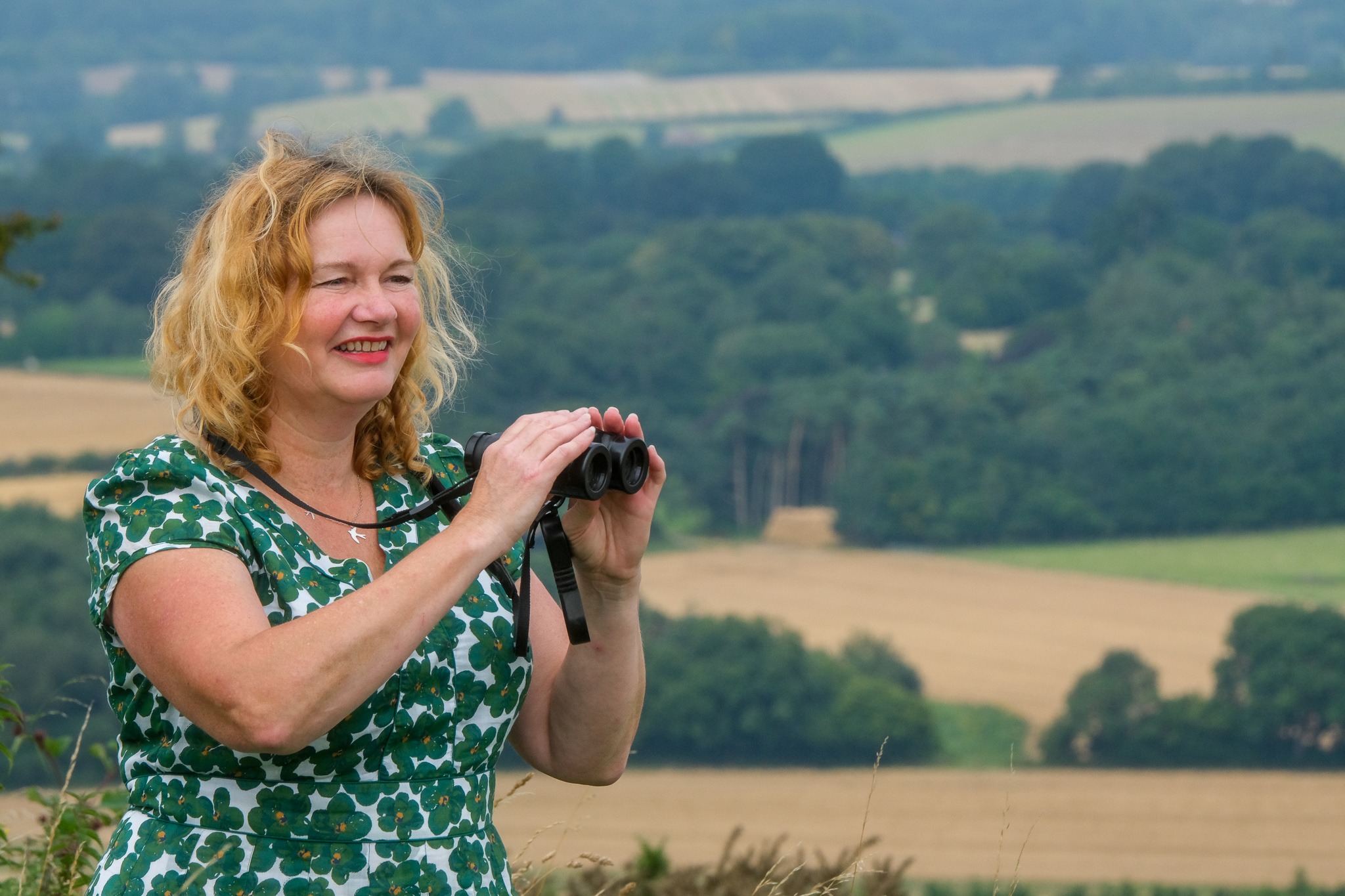
Nicola writes regular columns for the RSPB, Guardian, BBC Countryfile Magazine and has contributed essays to numerous anthologies, including this year’s ‘Wild Service, Why Nature Needs You.’ Her beautiful award-winning memoir, ‘On Gallows Down’ was published in 2021.

Writing Tips from Nicola
Forming an emotional bond to Nature should be an evolutionary default, a survival tactic — and also a thing of affirmation: joy, hope, love and awe.
We need Nature in order to live of course — the air we breathe, the food we eat, the water we drink. The health and wellbeing effects from being physically close to Nature are well-documented too. We are hard-wired to seek this out, but that’s sometimes hard if we are not exposed to Nature or don’t have access to it. If we become emotionally involved with Nature, we learn to seek it out — and also serve it back.

Writing about Nature requires us to really observe, to delve deeper, to use all our senses and make connections with ourselves and our experiences through Nature. It brings us closer to a better understanding of who we are, how we are and what that means.
We share our one planet with Nature — we are Nature; more weather pattern and environment than we fully know. And if we begin to see it that way, of course it becomes part of our own personal and unique history, our present and future, family, community, and our own ‘storytelling.’ From keeping a Nature journal to writing short poems, stories, social media posts that really connect, or memoiristic life pieces, here are a few writing prompts to get (and keep) you going.
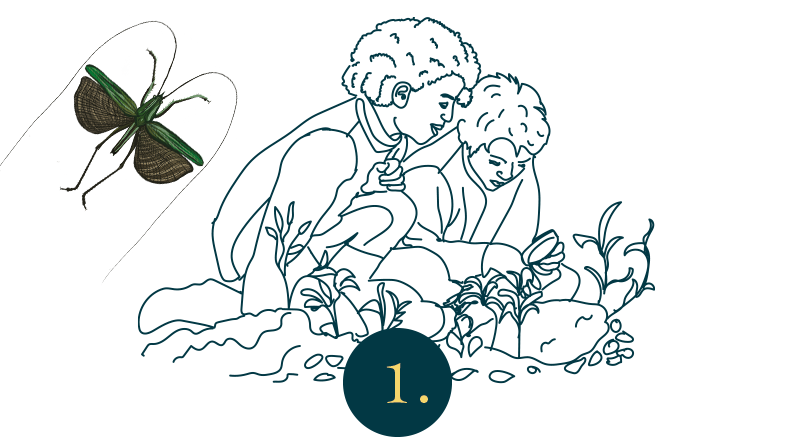
Awe
Awe for awe’s sake — Find something natural on a regular route you take — it could be an iconic tree, a week of sunsets, the birds you see or hear on a walk or your lunchbreak, the way the light changes on a distant landscape, or the growth of a plant growing wild in an unexpected urban setting. Observe it, make little notes on every aspect of it, take pictures on your phone and then discover all you can about it. What’s its (species) name, what is it doing right now and why, how is it connected in the world (what other creatures live with it and how) has it any connections with the place it’s in, or some human history? Any myths, or legends attached? Anything ridiculously gross or funny? Somewhere in here, you’ll find something that makes you go ‘wow’ that makes you feel wonder and awe. It all starts with a name, don’t stop there …
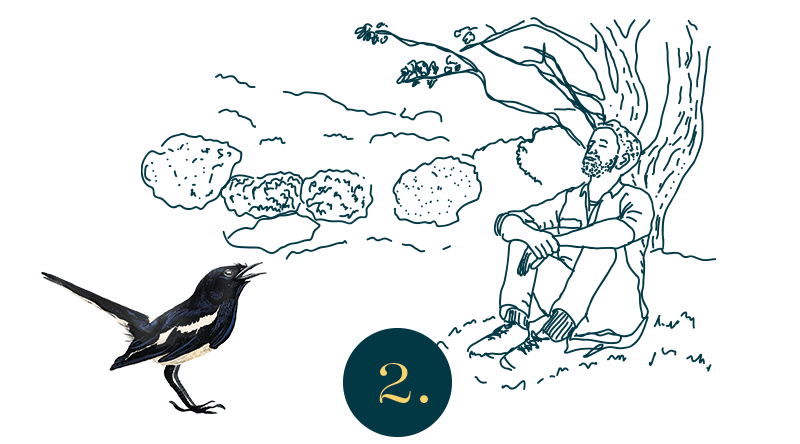
Memory
Memory — portal writing — think of a memorable encounter with Nature, back in time, that still lingers (a fox glimpsed from a train a decade ago, the brilliant flash of a magpie’s wings in sunlight last week, when you saw that they weren’t just black-and-white, they were blue and violet and green; some birdsong that stopped you in your tracks. Use all your senses. Scent is a strong memory trigger. Does the smell of freshly cut grass take you somewhere? The smell of summer pavement after rain (that smell is ‘petrichor’, that means the blood or tears of the gods falling on stone.) Follow that memory and that wild thing back — what were you doing then? What was going on with your life? Can you associate it with a strong memory, a person? Change? And ending or beginning? What do you feel about it, wonder about it now? Use it as a gateway to take you somewhere.
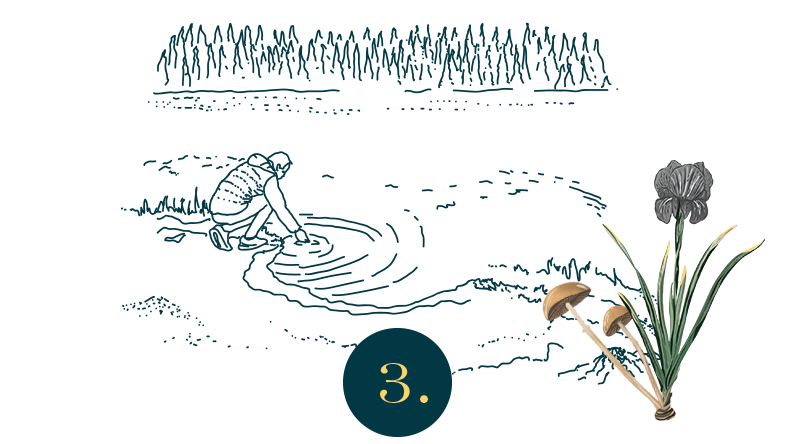
Rage, anger, grief, loss — and love!
All strong emotions from which good things can spring. Writing can be hugely cathartic. It’s good for working things out, expressing ourselves and it’s good for our mental health. If we fall in love with Nature, sooner or later in the wildlife and climate crisis we’re living through, we’re going to be feeling the pain of loss, grief or anger. Chanel it. Vent your fury that some destruction has taken place, use and move the reader with your words, show your vulnerability, your love and what it means or meant to you. Bear witness. Then feel the power of words to change things, to express your love for something and heal. And get up and do it all over again.
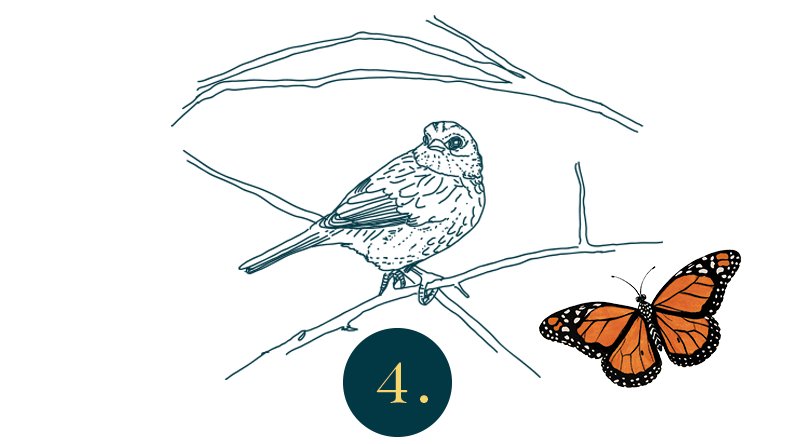
Hope
‘Hope is the thing with feathers, that perches in the soul’ wrote poet Emily Dickinson in around 1861.
Look to Nature and you will almost always find something hopeful, something regenerative or useful — something to begin again, even when Nature is sometimes so red in tooth and claw! Use it to show the resilience and desire to live and thrive on this wondrous, diverse and surprising planet. Marvel at it, even if it is a small thing, celebrate it through words and see how you can relate it to hope, persistence, learning from our mistakes and moving on.
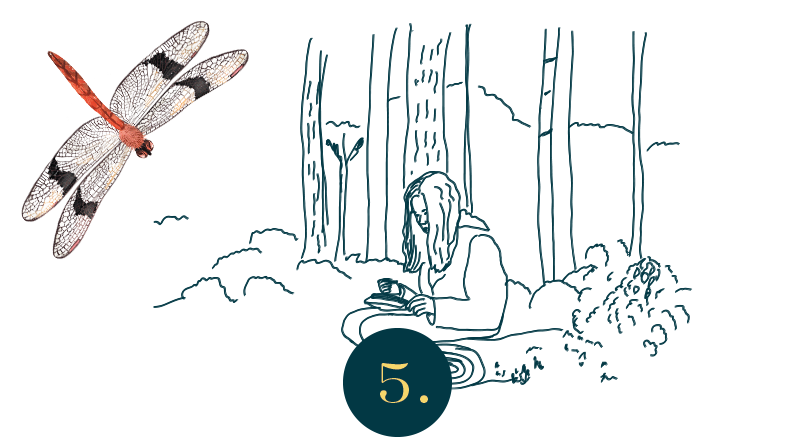
Joy and connection
Revel in the power and joy of your words to create something — paint a picture with them, play with them — make them up sometimes!
There is great fun and agency to be had in using your own experiences to connect, explain, interrogate and interpret what you see on your way to a deeper relationship with Nature. Have fun describing things. Focus on one sense and then another — what does this thing look like, smell like, sound like; and how do I interpret that for someone that hasn’t seen (or smelt, heard) it before? What is it like compared to something that they — or you — know?
Have fun with short descriptions, perhaps haikus or social-media friendly sentences to accompany a photograph, from immediate or on-reflection observations and feelings. Use metaphor and similes and your own particular tools of the trade or knowledge (that might not be connected to Nature as such) to bring it to life. If you’re an engineer or a mechanic for instance, you might describe the great cogs and pistons of a dragster hare running across a field. That sunset? If you’re a seamstress, or into fashion, what colours are those? What fabrics? What ric-rac, ribbons or selvedge edges? Watered silks?
Have fun, be irreverent sometimes. Be reverent sometimes. The written word is a wonderful bridge to emotional and lasting Nature connection.
